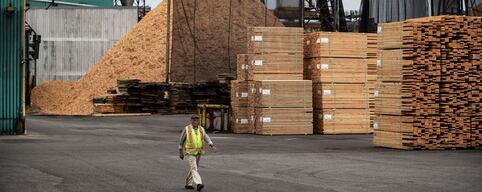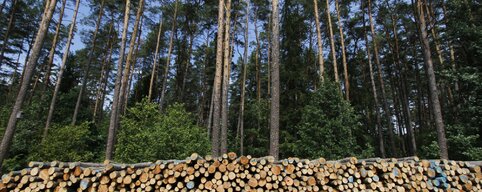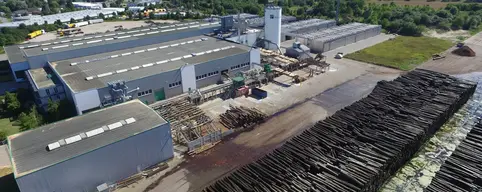

Chantiers Chibougamau, a key company in the Quebec timber industry, recently announced news that is shaking up the Abitibi-Témiscamingue region. The two forestry plants located in Val-d'Or will be closing their doors. This decision is the result of an unfavorable situation in the timber market, which is now facing a series of economic and environmental challenges that are making business increasingly difficult.
Firstly, the price of timber, particularly 2x4s, has fallen to around $3, a historic low in the face of ever-increasing production costs. This economic imbalance is one of the main reasons cited for the closure of mills, as it makes their operation unviable. At the same time, the industry has to contend with additional constraints due to disruptions such as the forest fires that have ravaged many regions, thus limiting the supply of essential raw materials.
In addition to the direct impacts of forest fires, the situation is aggravated by a moratorium aimed at protecting the woodland caribou. This measure, although essential from a conservation point of view, further complicates access to forest resources. The timber industry is thus caught between the hammer of economic viability and the anvil of environmental sustainability.
Another constraint, and not the least, concerns the customs tariffs that play a decisive role in this crisis. These taxes, imposed on exported wood, considerably affect the competitiveness of Quebec companies on the international market. Frédéric Verreault, Vice-President of Corporate Affairs at Chantiers Chibougamau, emphasized during the announcement that these additional tariffs add to the already high costs, making timber exports even less lucrative.
Frédéric Verreault explains, “In a context where foreign markets govern our prices and control our access, these tariffs are quickly becoming an unbearable burden. We need to reevaluate our strategies in order to reduce the impact of these surcharges, but this requires significant adjustments that we cannot make overnight.”
The impact of these decisions on the local economy cannot be underestimated. The closures are likely to result in significant job losses, affecting many families who depend on this industry for their livelihood. Moreover, the economy of Val-d'Or and its surroundings, which is largely dependent on the forestry sector, is set to experience significant social and economic repercussions.
It is interesting to note, however, that not all sectors are feeling the impact of the tariffs in the same way. For example, the region's milk producers have escaped this turbulence thanks to supply management. By promoting local consumption of milk produced in Quebec, this system offers remarkable protection against tariff fluctuations and ensures renewed financial stability for farmers.
In conclusion, the closure of the Chantiers Chibougamau plants in Val-d'Or highlights the growing challenges of performing in a globalized market, especially when pressures are mounting from both environmental policies and trade regulations. It is a clear illustration of the interrelated complexities of our time, where economic decisions are often influenced by global ecological and geopolitical concerns.



